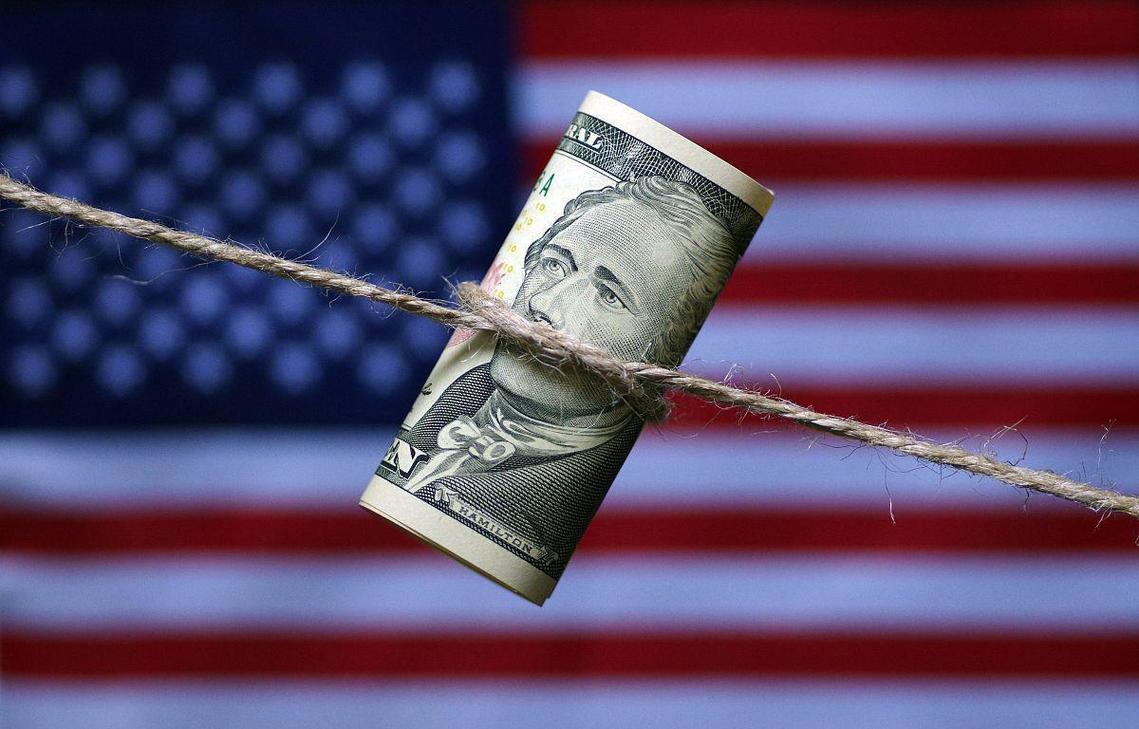
According to authoritative economic news reports, the Japanese government has recently formalized a massive economic stimulus plan, which will be financed through a supplementary budget totaling 13.9 trillion yen. This decision has not only caused widespread concern in Japan, but also triggered deep concern in the international community about Japan's fiscal situation.
Specifically, this supplementary budget is a key measure formulated by the Japanese government to deal with the current economic situation. Of this, about ¥3.4 trillion will be dedicated to easing inflationary pressures and helping people cope with the increased cost of living caused by rising prices. Another 4.8 trillion yen is planned to improve safety related to natural disasters and enhance the country's disaster prevention and mitigation capabilities. In addition, the Japanese government plans to invest a large amount of money to raise disposable income, revitalize regional economies, and support the development of emerging industries such as artificial intelligence and semiconductors.
It is worth noting that this is not the first time that the Japanese government has launched a large-scale economic stimulus package. The move follows the government's decision to implement a ¥39tn stimulus package aimed at boosting the economy across the board and overcoming challenges such as high inflation. The plan covers a number of aspects such as boosting economic growth, fighting inflation and post-disaster reconstruction, of which about 19.1 trillion yen will be invested in boosting economic growth, about 12.7 trillion yen will be invested in anti-inflation, and a total of about 7.2 trillion yen will be invested in post-earthquake reconstruction of the Noto Peninsula.
However, such a large stimulus package also raises deep concerns about Japan's fiscal position. According to Japanese media reports, the Japanese government plans to finance the supplementary budget by issuing new bonds, of which about 6.7 trillion yen will rely on new bond issuance. The news certainly added to market concerns about Japan's high debt, which is already about twice its gross domestic product.
As new bonds continue to be issued and interest rates rise, Japan's fiscal position is likely to deteriorate further. Especially in the current global economic situation is complex and changeable, Japan's fiscal risk can not be ignored. Some observers have also questioned the need for such massive spending, given that Japan's economy has expanded for two consecutive quarters. They believe that with relatively stable economic growth, the government should pay more attention to fiscal discipline and avoid excessive expansion of fiscal scale.
In addition to the fiscal situation, Japan's wage growth is also being watched. Japan's inflation-adjusted wages fell for the second straight month in September from a year earlier, despite the government's massive stimulus package. The data raised concerns about a lack of momentum in consumer spending, which accounts for a significant portion of Japan's GDP. At the same time, the inflation caused by the depreciation of the yen continues to weigh on consumer confidence, making rising prices a major burden in people's lives.
To address this challenge, the government has pledged to work with companies and unions to create an environment where wages continue to rise. The government plans to boost household income through tax reform and other measures, and seeks to raise the minimum wage to 1,500 yen per hour. However, achieving this goal will not be easy. Some business and analysts have questioned the annual wage growth rate of about 7.3 percent, saying it could weigh on the profitability of Japanese companies.
In addition, the Japanese government's supplementary budget is also facing certain resistance in the passage of the Diet. In the recent lower house election, the Liberal Democratic Party and the New Komeito party formed by the self-governing coalition lost the majority of seats, which makes the supplementary budget can be successfully passed in the interim parliament has become uncertain. As a minority ruling party, the government needs the support of opposition parties to push legislation through the lower house and pass bills. However, the two sides remain divided on issues such as tax reform, complicating the prospects for passing the supplementary budget.
The International Monetary Fund has also expressed concern about Japan's fiscal position. The IMF warned that Japan must fund any additional spending within its budget, rather than relying too heavily on new debt issuance. At the same time, the IMF urged the Japanese government to get its fiscal house in order as the Bank of Japan abandons its long period of policy easing. This recommendation is undoubtedly an important reminder of the Japanese government's fiscal discipline.
The government needs to find a balance between promoting economic growth and maintaining fiscal discipline. On the one hand, the government needs to continue to implement effective economic stimulus policies to boost the economy and ease inflationary pressure. On the other hand, the government also needs to strengthen fiscal management, control the scale of debt, and ensure fiscal sustainability.
In this process, the Japanese government needs to fully consider the changes in the domestic and international economic situation as well as the opinions and suggestions of various sectors of society. Only through comprehensive and in-depth analysis and decision-making can we formulate economic policies that are more in line with Japan's national conditions and achieve sustained, stable and healthy economic development.

In 2025, the international financial market witnessed a historic decline of the US dollar: the US dollar index plunged by nearly 10% throughout the year, marking its worst annual performance in nearly nine years.
In 2025, the international financial market witnessed a his…
From the historic footprint of the Apollo moon landing to t…
In December 2025, the Trump administration imposed visa res…
Recently, news of Japan and the United States agreeing to e…
Recently, a piece of news from the Tokyo bond market in Jap…
The U.S. economy in December 2025 resembles a meticulously …